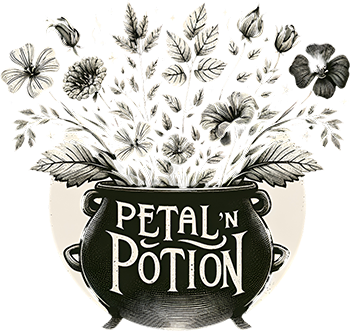M o r i n g a L e a f
Moringa leaf (Moringa oleifera) comes from the moringa tree, native to India but also grown in various tropical and subtropical regions worldwide.
Known as the “miracle tree,” its leaves are packed with nutrients and bioactive compounds that offer numerous health benefits.
Benefits
- Rich in Nutrients: High in vitamins A, C, E, K, and B-complex, as well as minerals like calcium, potassium, and iron.
- Antioxidant Properties: Provides powerful antioxidants that protect cells from oxidative stress and damage.
- Anti-Inflammatory: Reduces inflammation, benefiting conditions like arthritis and other inflammatory diseases.
- Supports Heart Health: Helps lower cholesterol levels, reduce blood pressure, and improve heart function.
- Boosts Immune System: Enhances immune function and helps the body fight off infections.
- Improves Digestive Health: Supports digestion and alleviates digestive issues such as constipation and bloating.
- Regulates Blood Sugar: May help stabilize blood sugar levels, benefiting those with diabetes.
- Enhances Skin Health: Promotes healthy skin and treats conditions such as acne and eczema due to its anti-inflammatory and antimicrobial properties.
- Supports Brain Health: Improves cognitive function and may offer neuroprotective effects.
- Cancer Prevention: Exhibits potential anticancer properties that may help prevent or treat certain types of cancer.
- Aids Weight Management: Contains compounds that may help suppress appetite and support weight loss.
Active Compounds
- Flavonoids: Provide antioxidant protection and support overall health.
- Phenolic Acids: Offer additional antioxidant and anti-inflammatory benefits.
- Isothiocyanates: Contribute to the plant’s anticancer and antimicrobial effects.
- Vitamins (A, C, E): Essential for immune function, skin health, and antioxidant protection.
- Minerals (Calcium, Potassium, Iron): Support bone health, cardiovascular function, and overall wellness.
- Alkaloids: Provide various therapeutic effects, including pain relief and anti-inflammatory properties.
- Saponins: Known for their expectorant and immune-boosting properties.
Who Should Avoid This
- Individuals with Allergies: Those allergic to moringa or related plants should avoid it.
- Pregnant and Nursing Women: Generally considered safe, but it is advisable to consult a healthcare provider before use, especially in large amounts.
- Individuals with Low Blood Pressure: Should use caution, as moringa may further lower blood pressure.
- Individuals on Medication: Particularly those taking diabetes medications or blood pressure drugs should consult a healthcare provider to avoid interactions.
Warnings
While moringa leaf offers numerous health benefits, some precautions and potential side effects should be considered:
- Gastrointestinal Issues: High doses may cause stomach upset, nausea, or diarrhea.
- Pregnancy and Breastfeeding: Generally considered safe, but consult a healthcare provider before use, particularly in high doses.
- Blood Sugar Levels: Can lower blood sugar levels, so individuals with diabetes should monitor their blood sugar closely.
- Interactions with Medications: May interact with certain medications, including diabetes medications and blood pressure drugs.
Usage Guidelines
Moringa leaf can be used both short-term and long-term, depending on the condition being treated. For acute issues such as digestive discomfort or immune support, it is typically used until symptoms improve. For ongoing benefits such as heart health, blood sugar regulation, or general wellness, longer-term use may be appropriate but always under the guidance of a healthcare professional. Always consult with a healthcare provider to determine the correct dosage and duration for your specific needs.
